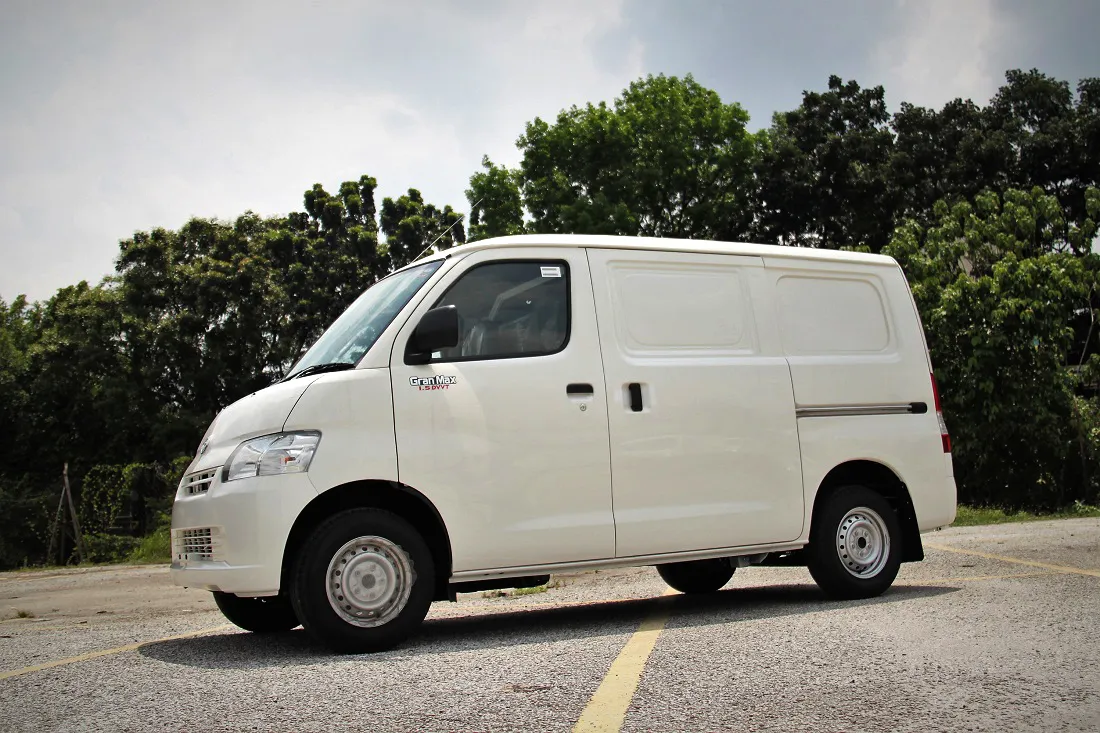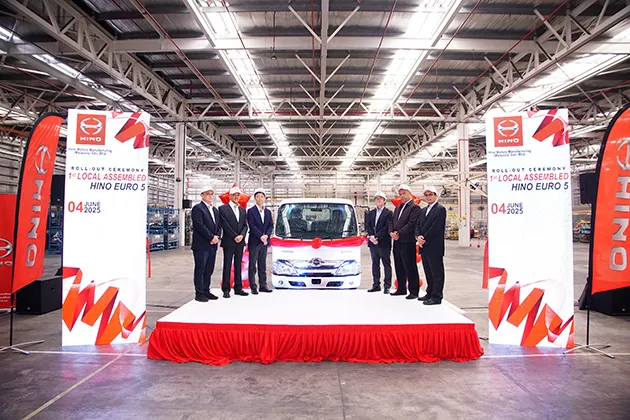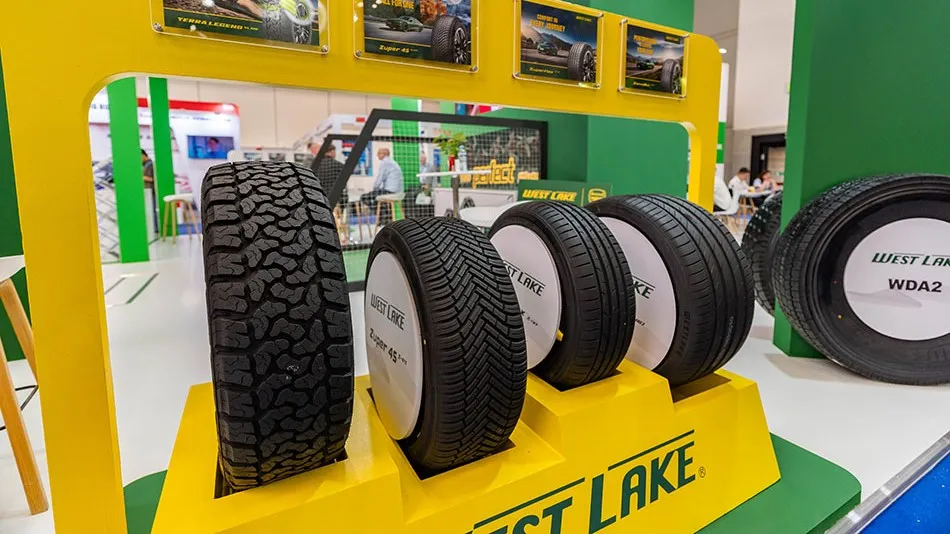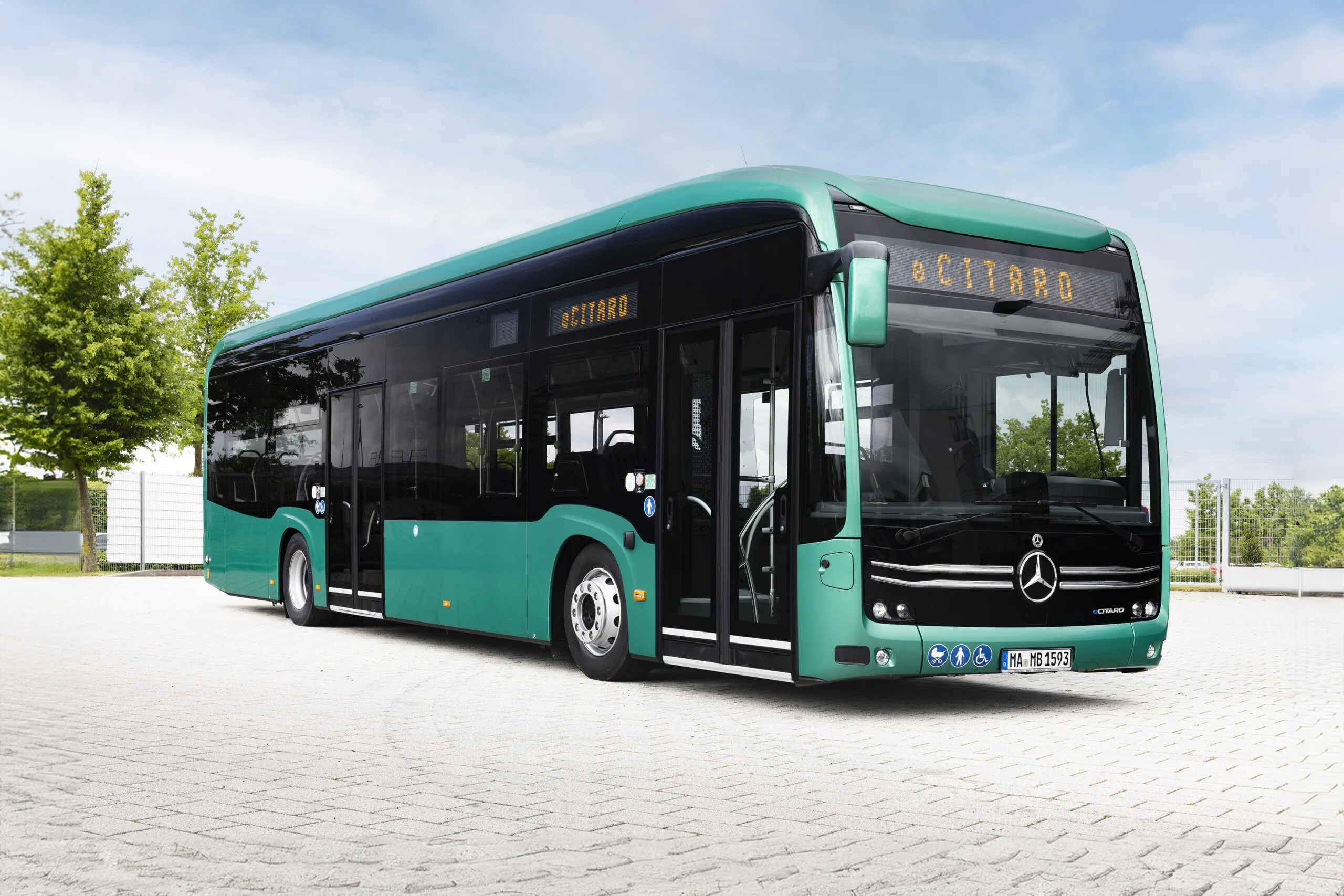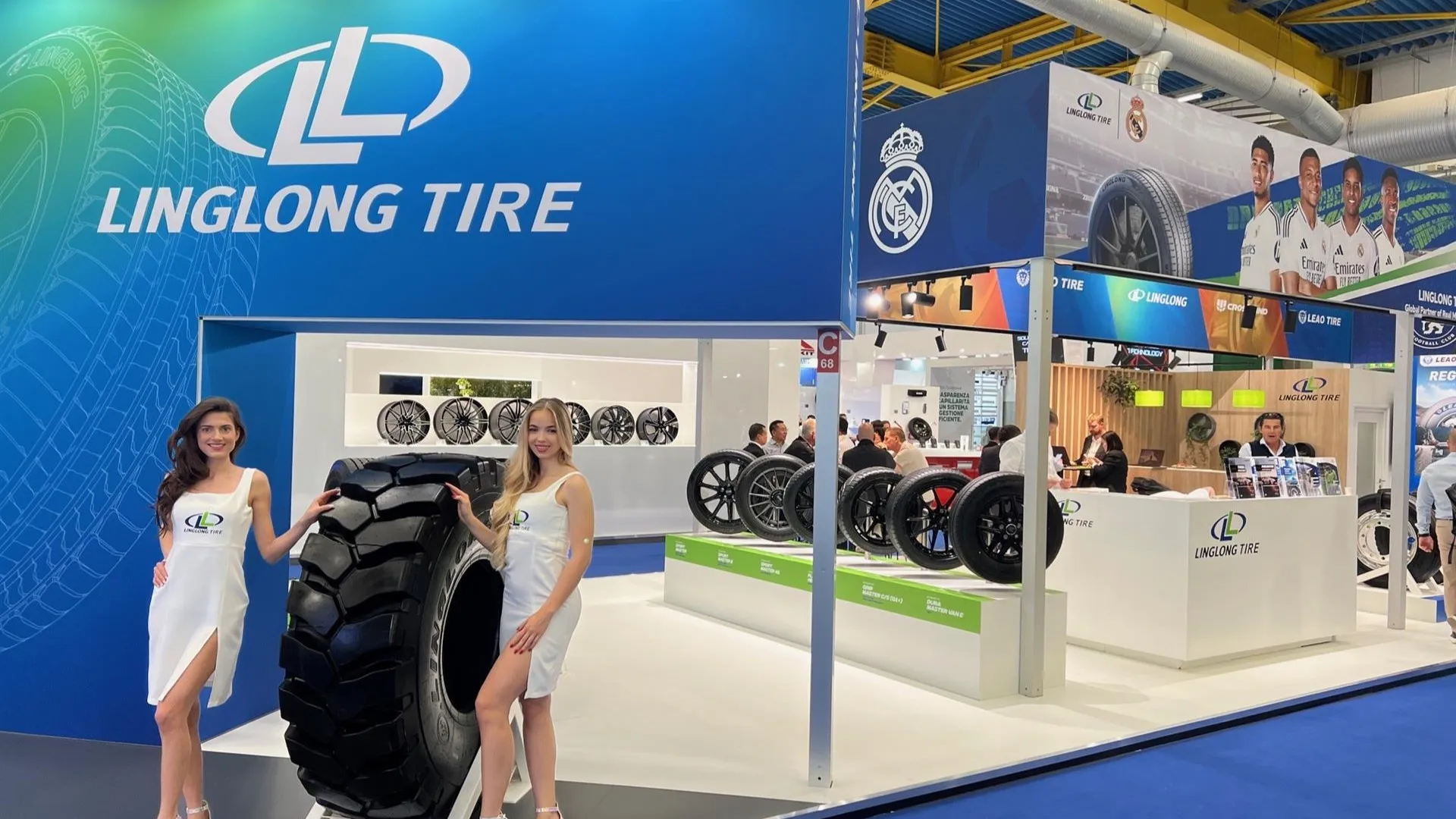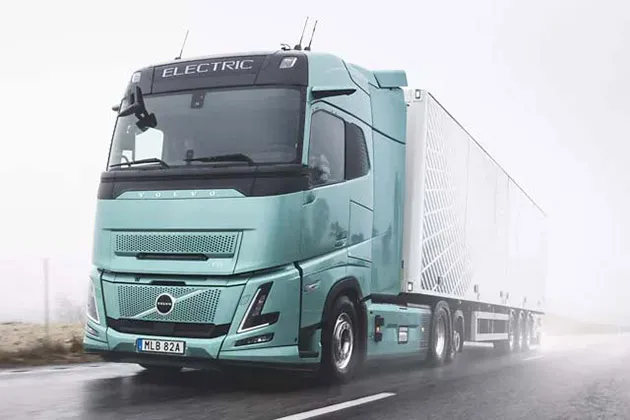Daihatsu introduced the new GranMax with a four-speed automatic transmission in two 1.5-litre variants.
The All-New Daihatsu Gran Max Auto
Nowadays, passenger cars and even commercial vehicles fitted with automatic transmissions are preferred by many motorists and business owners.
Automatic transmissions give comfort and convenience, and thanks to rapid advances in technology, also provide very good fuel economy that could be on par with manual transmissions. However, the age-old dispute over which type of transmission is better continues to persist despite automatic transmissions gaining increasing market share and popularity, especially in the vocational truck and panel van segments.
Here, Daihatsu would dispel some myths and look at the advantages of automatic transmissions in light commercial vehicles.
Fuel consumption
Many people say automatic transmissions are less fuel economical compared with manual transmissions – myth or fact?
This is a crucial consideration for business operators as fuel costs have a direct impact on profits. It is well known that getting better mileage largely depends on variables such as a driver’s experience and driving behaviour, road and traffic conditions, and cargo management. Also, new automotive engineering technologies have resulted in better fuel efficiency for automatic transmissions in recent years. As such, using a manual transmission might not necessarily result in better fuel economy.
Driving performance and comfort
Automatic transmissions provide flexible manoeuvrability with smooth, stress-free gear shifts as well as better traction or control on the road. Flexible manoeuvrability is important for drivers in urban and tight, confined cities as they could drive in a fuel efficient and less stressful manner, without the hassle of constant manual gear shifts in congested city traffic. When the vehicle is heavily loaded with goods, automatic transmissions provide better traction or control as the vehicle is less prone to the danger of rollbacks on hills. Thus, entrepreneurs prefer commercial vehicles with automatic transmissions such as the Daihatsu Gran Max panel van.
Higher productivity
Automatic transmissions also result in increased productivity and improved safety for drivers who spend long hours on the road, as they no longer need to focus and spend energy on manually shifting gears. Driving from one place to another is safer and takes less effort, and drivers could focus on getting more work done; a win-win situation for both employers and employees.
Cost of vehicle and maintenance
Vehicles with manual transmissions are cheaper to buy and service as they are less complex compared with automatic transmissions. The lower purchase and servicing costs are important to business owners, especially those who operate commercial vehicle fleets. However, when taking into account all the advantages of using automatic transmissions, the slight difference in the initial purchase and servicing costs do not look so attractive in the long term.
Manual transmissions no longer deliver as much financial savings as expected, due to improvements in automatic transmission technology.
The verdict
After putting aside the initial price factor and considering the driver’s comfort and safety, which would in turn deliver higher productivity and efficiency in the long run, a commercial vehicle with automatic transmission looks more sensible. After all, a happy driver operates a vehicle better and should help to maximise vehicle uptime. Many companies now are shifting towards commercial vehicle fleets with automatic transmissions, especially for light and medium-duty operations.
The Daihatsu Gran Max comes in two 1.5-litre variants, namely the panel van and pick-up with at least 17 customisable body applications. The automatic transmission is currently available for the panel and semi-panel van variants, and prices start from as low as RM69,888. All Daihatsu Gran Max variants come with a three years/100,000km (whichever is first) warranty.
Daihatsu (Malaysia) has 25 showrooms around the country.
自排商用车和手排商用车大比拼
今天,许多驾驶人和业主都喜欢自排轿车和商用车。
自排车提供舒适和便利,科技的迅速进步使自排车在节油方面与手排车不相上下。尽管自排车越来越受欢迎,市占额也越来越高,特别是在商用卡车和厢式货运车领域,然而究竟哪一种传输系统比较好的争论却历久不衰。
为了消除这方面的迷思,我们特别在这一期探讨自排轻型卡车的优势。
耗油量
许多人都说,与手排车相比,自排车比较耗油 – 是“神话”还是事实?
耗油量对经营者来说,是一个重要的关键,因为燃油成本会直接影响利润。大家都知道,能不能获得最优里数取决于驾驶员的经验和行为,路况和交通,以及货物管理。再加上,近年来的新汽车工艺技术,为自动传输系统带来更好的燃油效率 。因此,采用手排车未必就能带来更好的燃油经济。
驾驶性能与舒适性
自排车拥有弹性的操纵性、换档时顺畅无压力,带来更好的道路牵引力和操控。在狭窄封闭的城市里行驶,充满弹性的操纵性非常重要,因为自排车驾驶起来更为得心应手,更节油,而且无需在交通拥挤的城市里不停地换档。当车子载着重物时,自动传输系统可提供更好的牵引力和操控,降低车子在爬坡时倒退的风险。因此,业者一般比较偏爱大发Gran Max自排版厢型车。
高生产力
自动传输系统除了可提高长途驾驶员的生产力外,也可改善他们的安全,使他们无需长时间集中精力来换档。从一个地点开往另一个地点也就变得更为安全和省力,使驾驶员能够将精神放在处理和完成更多工作,对雇主和员工都是双赢。
车辆的养护成本
手排车无论是售价或养护都比较便宜,因为它们没有自排车那样复杂。较低的售价和服务成本为业主来说非常重要,特别是那些经营商用车队的业主。
然而,在考虑到采用自排车的优势后,再加上自动传输系统科技的改善,最初的购买和养护成本也就显得没那么吸引人了。
结论
不妨先把最初的价格因素放在一边,考虑驾驶员的舒适与安全性在长期下来将带来更高的生产力和效率 ,使用自排商用车看起来也就更加实际。更何况,一个开心的驾驶员会把车子开得更好,也可最大化提升车辆出勤率。如今已经有许多,特别是来自轻及中型营运领域的公司,改用自排商用车队。
大发Gran Max推出两种车型—厢式车型和皮卡,配备1.5升引擎,可选择的量身定制车身至少有17种。其厢式和半厢式自排版货车的上路价为69,888 令吉。所有的大发Gran Max提供3年/100,000公里保修(视何者为先)。
马来西亚大发目前在全马拥有25间陈列室。

